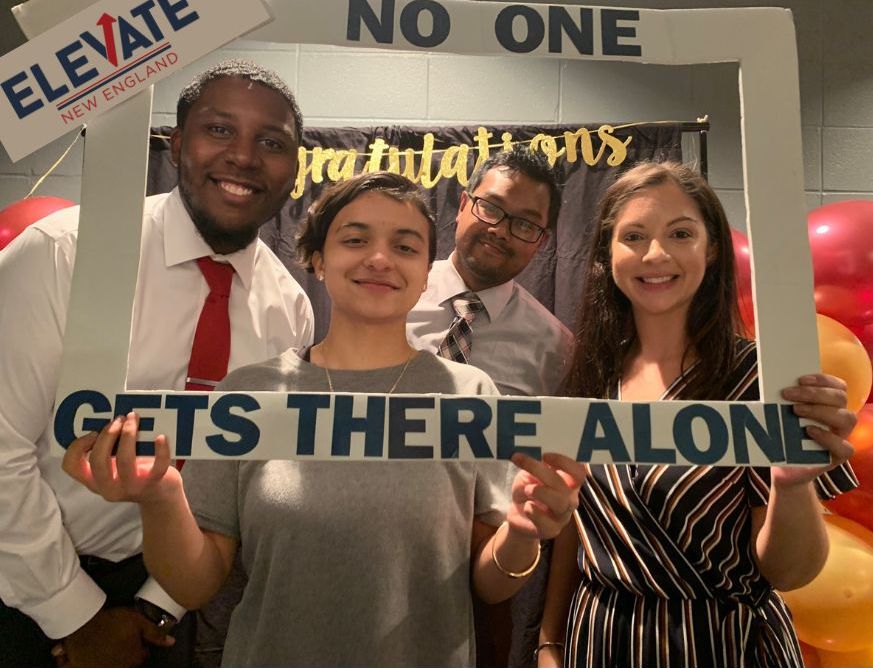Childhood exposure to violence is a serious problem, especially in low-income urban areas like Lowell and Lawrence, MA. In these communities, children often face dangerous situations, from gang activities and domestic disputes to street crimes. The effects of this exposure are deep and far-reaching, touching every part of a child’s life—from their emotional well-being to how they do in school and even their physical health. Understanding these impacts and finding ways to help is key to building safer, healthier communities.
Violence affects many children in urban communities, where poverty, limited access to good schools, and a lack of community resources make the situation worse. For some children, violence is a regular part of life. They might see violent acts, become victims themselves, or live in fear because of the violence around them. This constant exposure can have long-lasting effects, making them feel unsafe and shaping how they see the world.
Exposure to violence can seriously harm a child’s development. The effects can be seen not just right after a violent incident, but in many parts of their lives. These effects can show up in their emotions, behavior, school performance, and even their physical health.

- Emotional and Behavioral Challenges: Witnessing violence can take a toll on a child’s mental health. Studies show that children who see violence are more likely to struggle with anxiety, depression, and post-traumatic stress disorder (PTSD). These challenges can lead to changes in behavior, like becoming more aggressive or withdrawn, and having trouble forming relationships. It can also lower their self-esteem and make it hard for them to trust others.
- Trouble in School:The trauma from exposure to violence can make it hard for children to focus on school. Many struggle with concentration, memory, and participating in class, leading to lower grades. Some may miss school often, causing them to fall behind and increasing the risk of dropping out. This can widen the gap in educational opportunities and limit their future choices.
- Impact on Brain Development: Violence can also affect how a child’s brain develops. Constant stress and trauma can change the way the brain works, especially in areas related to learning, memory, and managing emotions. These changes can make it harder for children to do well in school and interact with others.
- Physical Health Risks: The stress from living in violent environments can also harm a child’s physical health. Children exposed to violence are at a higher risk of developing chronic health problems like heart disease, diabetes, and substance abuse. The constant fear can weaken their immune system and lead to other stress-related health issues.
Violence in urban communities comes from many different sources. Gang activities, like drug dealing and shootings, create fear and instability, making children feel unsafe in their neighborhoods. Domestic violence, even if the child is not directly involved, can cause feelings of helplessness and anxiety. Violence in schools, such as bullying and fights, also harms a child’s sense of safety. The presence of weapons and the fear of school shootings make these worries even worse. These experiences create an environment of insecurity that can stop children from thriving and affect their long-term development.
Preventing childhood exposure to violence takes a community-wide effort. Here are some ways we can help:
- Community Involvement: Getting the community involved is key to stopping violence. Programs like neighborhood watch groups, community policing, and youth outreach can make neighborhoods safer. When community members work together to prevent violence, it builds a sense of responsibility and unity.
- Educational Programs and Skill Building: Schools and community organizations play an important role in helping children learn the skills they need to face challenges. Programs that teach conflict resolution, emotional management, and social skills can guide children in handling their emotions and interactions in a positive way. These skills are crucial for preventing violence and encouraging healthier behaviors.
- Access to Mental Health and Support: Offering access to mental health services and counseling is crucial for children affected by violence. These services give children a safe space to talk about their experiences and feelings. Support groups and mentoring programs can provide positive role models and a sense of belonging.
- Safe Spaces and Recreational Activities: Creating safe places for children to play and offering structured activities can give them a positive outlet for their energy and emotions. Sports, arts, and other activities not only keep them engaged but also help build confidence and social skills.
By addressing the root causes of violence and providing positive alternatives, we can create communities where children feel safe and supported.
To really help children exposed to violence, we need programs that focus on education, community involvement, and direct support. These programs can give children the tools and support they need to overcome challenges and build better futures.
Elevate New England is one such program making a big difference in the lives of urban youth in Lowell and Lawrence. Elevate offers classes in leadership skills and social-emotional learning, which are important for helping students succeed in school and life. The program’s teacher-mentors work closely with students, providing guidance, support,encouragement and teaching coping skills as they face their challenges.
Elevate New England doesn’t just step in to solve problems; it empowers students to become strong, confident leaders. By building long-term, life-changing relationships with students, the program helps them break free from the cycle of violence and reach their full potential.
Childhood exposure to violence is a big challenge, but it’s one we can overcome together. By working as a community, we can create a safer, more supportive environment for all children. Programs like Elevate New England play a crucial role in this effort, providing the resources and support that youth need to overcome their challenges.
No one gets there alone. We invite you to stand with us in this mission. Your donations are vital to making sure we can continue offering life-changing programs and support to children in need. Together, we can break the cycle of violence and build a community where every child has the chance to thrive.
Stay connected. Be part of the impact.
Your interest in Elevate New England can transform lives. By signing up for our updates, you’ll receive inspiring stories of the youth we serve, see firsthand the difference our teacher-mentors are making, and learn how you can continue to stand in the gap for the next generation of leaders.
Join our community today to receive regular updates on:
- The incredible progress our students are making
- Success stories from the classrooms and beyond
- Special events and opportunities to get involved
- Insights into how your support empowers urban youth to thrive
No one gets there alone. Stand with us. Sign up now and stay connected to a movement that’s changing lives, one student at a time.

